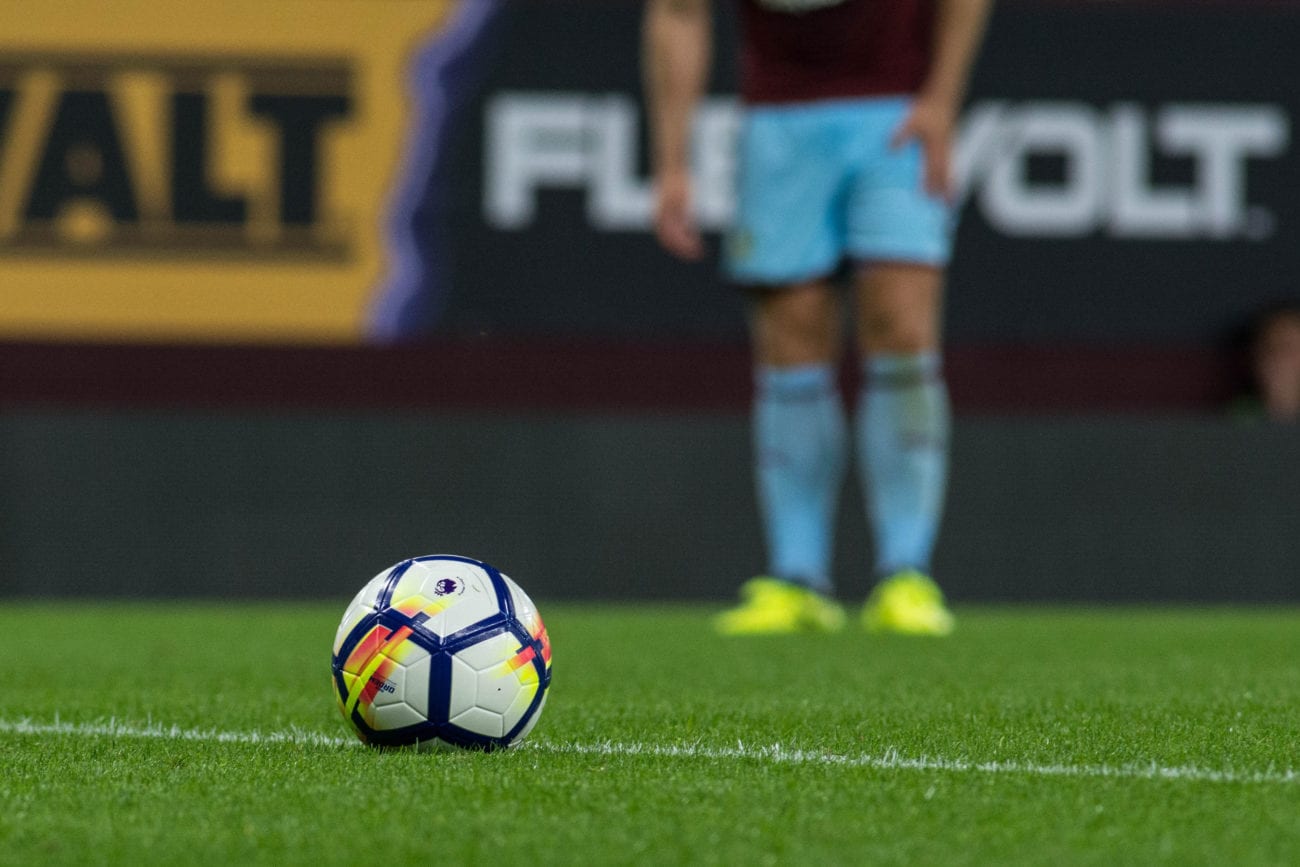Dutch regulator receives 40 match-fixing reports since market launch

While KSA does not have a statutory role combating match-fixing, it does monitor the extent to which licensed operators are watching for betting integrity issues. As a result, the regulator set up the Sports Betting Intelligence Unit (SBIU) as a reporting centre for possible cases of manipulation.
Due to privacy considerations laid out in the Dutch Money Laundering and Terrorist Financing Prevention Act, all traceable information linking the possible cases to specific individuals is scrubbed from the data. This information is instead sent to the Financial Intelligence Unit (FIU-Netherlands).
Match fixing
Of the 11 online sports betting operators active in the Dutch regulated market, five reported possible instances of match fixing to the SBIU in the period since the launch of the Dutch market. In total, this amounted to 40 cases of the activity, with 83% sent to the SBIU in the period April-June 2022.
The reported match fixing can be divided into two categories: 12 related to unusual betting patterns reported in games, while 28 were connected with individuals involved in the matches or competitions placing bets themselves.
All cases of the first category related to foreign rather than domestic sporting events or competitions and were reported on by all five of the providers who had contacted the SBIU. Eight cases related to football, two to tennis, one for table tennis and one for snooker.
Individuals involved in competitions
Two of the five operators reported the remaining 28 instances which, aside from one report, all concerned Dutch football competitions. Six of the persons were involved in the Dutch first division while 19 and two cases were related to the country’s second division and highest amateur league respectively.

The instances involved a combination of individuals betting on games in which they participate themselves, while others only placed bets on games in their league.
The SBIU stated that the majority of the cases in the category concerned low level bets or combination bets, clarifying that “the betting of a person involved on his own match and/or competition is a signal of possible match fixing, but ultimately does not have to be match fixing”.
“Because the SBIU does not receive any traceable information, it does not know who the person concerned is,” said the regulator.
Possibility of prosecution
The information is sent to FIU-Netherlands, which analyses the transaction to determine whether it can be considered suspicious.
“If a transaction has been declared suspicious, it will be shared with the criminal investigation department. In consultation with the Public Prosecution Service, it may then be decided to share this information with the sports association,” said the KSA.
“If there are insufficient grounds to declare a transaction suspicious, the report remains an unusual transaction.”
The SBIU said that it is currently difficult to estimate the risk of gambling-related match fixing within licensed operators due the youth of the market.
“Definitive conclusions about the risk of gambling-related match fixing are therefore not yet possible,” concluded the regulator. “The SBIU continues to monitor the signals.”
